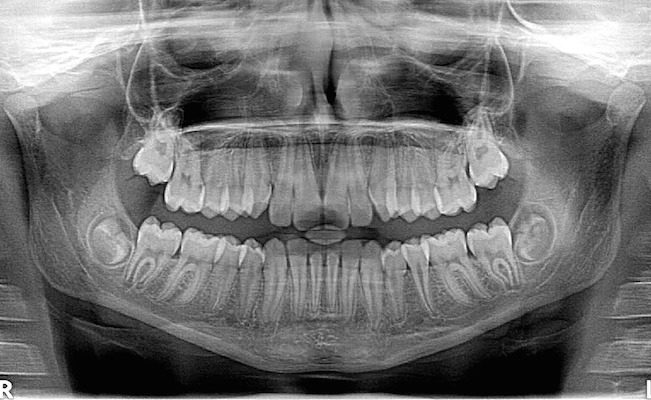Alzheimer’s disease or dementia can be hard on the soul — especially for caregivers. Your loved one is forgetting the very things — perhaps even family members — that made them who they are. But you know the one you love is still in there, as unforgettable as ever, even as they become more child-like and driven by their disease. And naturally you want what’s best for them, especially when it comes to oral care.
If your loved one experiencing Alzheimer’s or dementia has a need for oral surgery, you can’t help but worry about them. Rest assured, with Dr. Puckett they are in good hands. We do everything we can to make the procedure as relaxed and comfortable as possible.
Yes, dental care and oral surgery can be difficult for those who experience Alzheimer’s or dementia. During the procedure, they may fade in and out of lucidity. They may become frightened or disoriented. It may be difficult for them to sit still. Sudden movement may result in injuries.
That’s why we always recommend sedation dentistry for our patients who live with Alzheimer’s or dementia. Dr. Puckett is trained and certified to administer all types of sedation dentistry so your loved one is safe, secure, and undistressed. Their comfort and safety are our top priorities.
Every Patient is Unique
The progression of Alzheimer’s or dementia varies with each individual. Some patients are very comfortable visiting a maxillofacial surgeon. For others, the experience can be highly distressing.
Those who have had many experiences at the dentist tend to be more relaxed. But as their dementia advances, cooperating with certain procedures can be challenging.
Dr. Puckett is sensitive to the needs of patients who experience Alzheimer’s or dementia. He is very skilled at helping the patient feel at ease.
While the patient is awake, we encourage a loved one or caregiver to accompany the patient in the room. We will work with you one-on-one to ensure your loved one feels safe and comfortable.
Sedation Dentistry Approaches
We offer a number of sedation dentistry options for our patients who are experiencing Alzheimer’s or dementia. We often combine a number of these approaches to provide the best care for your loved one.
For minimal sedation, the patient is conscious. This is the lightest level of sedation. For moderate sedation, the patient is conscious and can respond to questions. This can either be applied as a pill or an IV or a combination of the two.
Deep sedation or general anesthesia is referred to as “Sleep Dentistry” (unconscious). If your loved one is especially advanced with Alzheimer’s or dementia, we usually recommend this approach. He or she will have no memory of the procedure and will be completely out.









